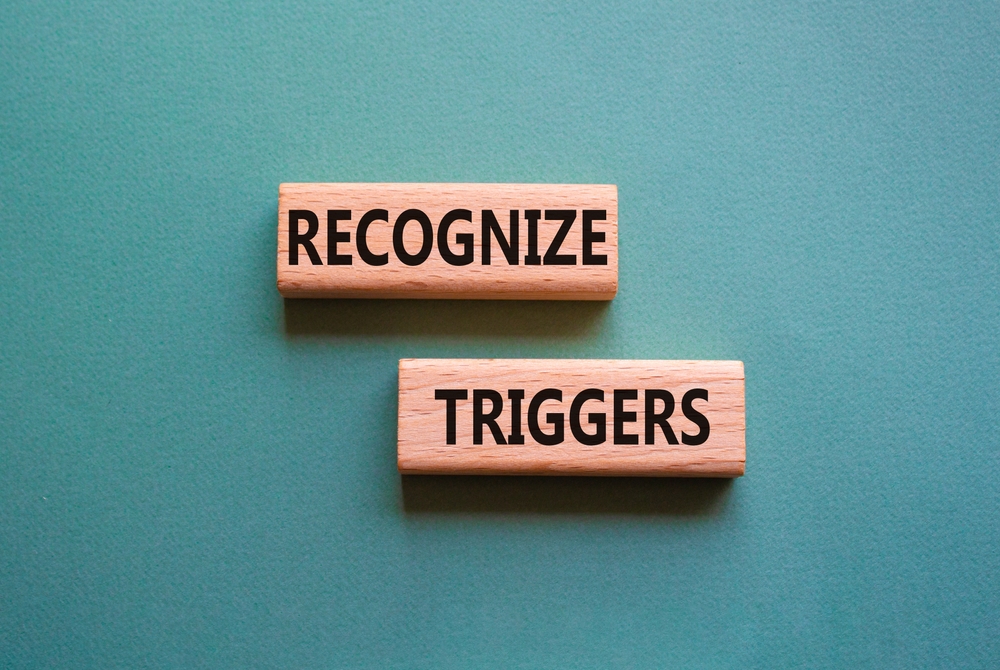From stress to screen time, discover the most common contributors to insomnia—and what you can do about them.
1. Stress and Anxiety
Worry about work, finances, relationships, or health can keep your brain in overdrive. Anxiety makes it difficult to fall asleep or stay asleep throughout the night.
2. Poor Sleep Habits
Irregular sleep schedules, naps late in the day, or using your bed for non-sleep activities (like watching TV or scrolling your phone) can confuse your internal clock.
3. Stimulants and Substances
Caffeine, nicotine, and even alcohol can interfere with your body’s natural ability to wind down and enter deep sleep phases.
4. Medical Conditions
Chronic pain, acid reflux, asthma, and other medical issues often contribute to sleeplessness. Treating the underlying cause is essential for relief.
5. Screen Time Before Bed
The blue light emitted by phones, tablets, and TVs suppresses melatonin production—the hormone that signals your body it's time to sleep.
What You Can Do
- Establish a consistent bedtime routine
- Limit caffeine and alcohol intake in the evening
- Create a comfortable, dark, and cool sleep environment
- Try relaxation exercises like meditation or journaling before bed
- Seek professional help if symptoms persist longer than a few weeks
Understanding the triggers of insomnia is the first step toward better sleep. By addressing root causes, you can create lasting improvements in your sleep quality and overall well-being.
